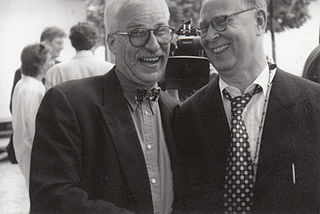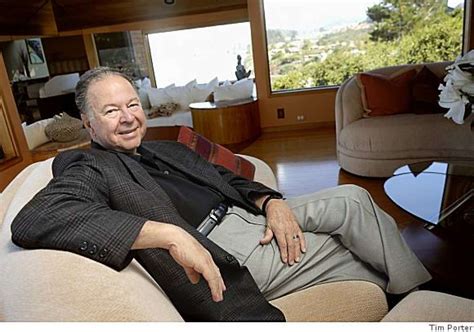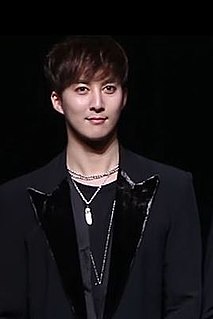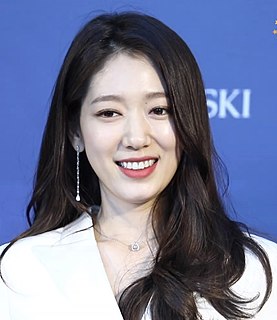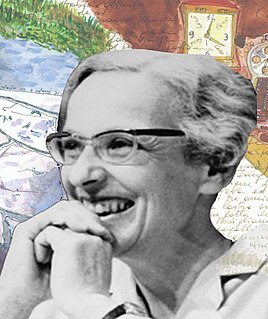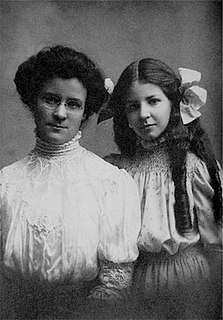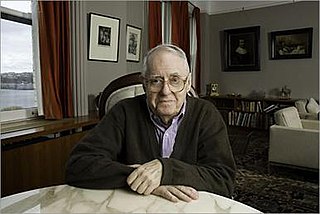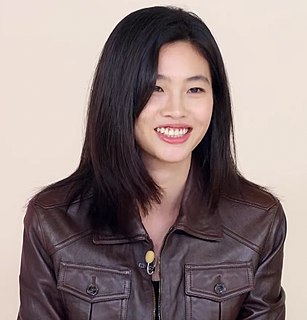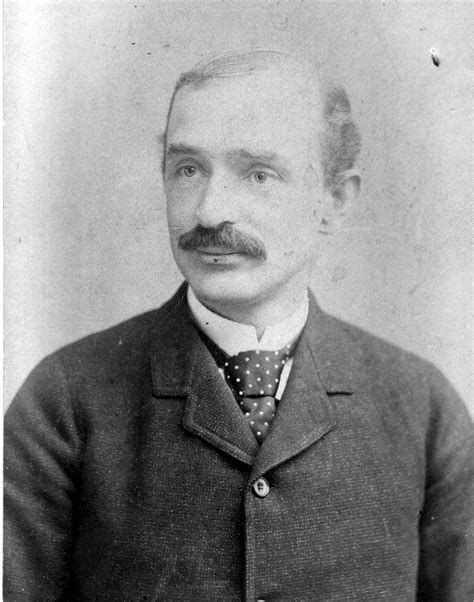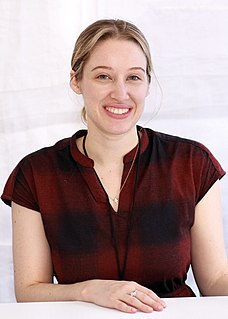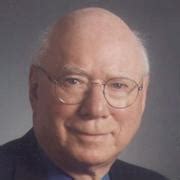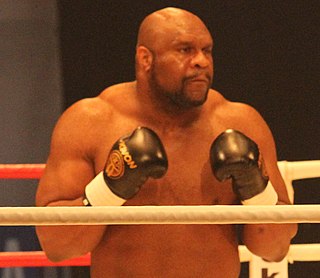Top 81 Jung Quotes & Sayings
Explore popular Jung quotes.
Last updated on November 24, 2024.
Philemon explained how Jung treated thoughts as though they were generated by himself, while for Philemon thoughts were like animals in the forest, or people in a room, or birds in the air. Jung concluded that Philemon taught him psychic objectivity, the reality of the psyche. This helped Jung to understand that there is something in me which can say things that I do not know and do not intend.
Mythologies were the earliest dreams of mankind, and in the psychotic delusions of his patients, Jung believed he was encountering those dreams again. Freud, too, believed that the psyche retained archaic vestiges, remnants of our earlier mental world. But for Freud these were a burden we were forced to repress. Jung instead would see them as a reservoir of vital energy, a source of meaning and power from which, through the over-development of our rational minds, modern mankind has become divorced.
Science fiction, because it ventures into no man's lands, tends to meet some of the requirements posed by Jung in his explorations of archetypes, myth structures and self-understanding. It may be that the primary attraction of science fiction is that it helps us understand what it means to be human.
To sum up: numbers appear to represent both an attribute of matter and the unconscious foundation of our mental process. For this reason, number forms, according to Jung, that particular element that unites the realms of matter and psyche. It is "real" in a double sense, as an archetypal image and as a qualitative manifestation in the realm of outer-world experience.
[On Jung's theory of psychological types:] My mother, Katharine C. Briggs, introduced it into our family and made it a part of our lives. She and I waited a long time for someone to devise an instrument that would reflect not only one's preference for extraversion or introversion but one's preferred kind of perception and judgment as well. In the summer of 1942 we undertook to do it ourselves.
Jung said there are four archetypes adults go through, and these archetypes are reflected in the development of my work. The first archetype is the archetype of the athlete, reflecting the time in our adult life when our primary emphasis is on our body - what it looks like, how beautiful it is, how strong it is, and so on. We identify ourselves with our body. We are our body. Growing adults next move to what Jung called the archetype of the warrior. We take our physical bodies out there to do what warriors do.
Freud, Jung thought, had been a great discoverer of facts about the mind, but far too inclined to leave the solid ground of "critical reason and common sense." Freud for his part criticized Jung for being gullible about occult phenomena and infatuated with Oriental religions; he viewed with sardonic and unmitigated skepticism Jung's defense of religious feelings as an integral element in mental health. For Freud, religion was a psychological need projected onto culture, the child's feeling of helplessness surviving in adults, to be analyzed rather than admired.
Jung first gave us the term ‘shadow’ to refer to those parts of our personality that have been rejected out of fear, ignorance, shame, or lack of love. His basic notion of the shadow was simple: ‘the shadow is the person you would rather not be.’ He believed that integrating the shadow would have a profound impact, enabling us to rediscover a deeper source of our own spiritual life. ‘To do this,’ Jung said, ‘we are obliged to struggle with evil, confront the shadow, to integrate the devil. There is no other choice.’
Free will is something that people struggle with so much, but it's very simple to me. Carl Jung said at the same moment you're a protagonist in your own life making choices, you also are the spear carrier, or the extra, in a much larger drama. You've got to live with these two opposite ideas at the same time.
Like lots of baby boomers, I was brought up on archaic anthropomorphism. Upstanding Christian dogs. Rabbits with family values. Because the ancient texts and pictures were sacred - Potter, Milne and the rest. Even concerned parents who knew Freud and Jung never saw the contradictions in feeding us on them.
Even philosophies who have denounced pseudosciences like psychoanalysis, have condoned pseudoscientific economic theories like neoclassical microeconomics. It is far safer and easier to criticize Freud and Jung than to criticize Milton Friedman and Friedrich Hayek, because the latter are backed by political movements whereas the former are not.
Unlike Freud, Jung did not believe that a dream is a mask for a meaning already known but deceitfully withheld from the consciousmind. In his view, dreams were communication, ideas expressed not always straightforwardly, but in the best way possible within the limits of the medium. Dreaming, in Jung's psychology, is a constructive process.
Jung Min is SS501's Hitler. When we lived together, we played video games. But we can't turn the sound loud. Not even by one click. Jung Min says we can't have it loud, so we're like “Ok, fine. He's our member, so let's be understanding and turn it down.” We turn it off, but he goes to his room and does karaoke!
Psychedelic drugs, especially psilocybin, allow a searchlight to be thrown on these deeper levels of the psyche, as Jung correctly stated. But it is not a museum of archetypes or psychic constructs, as he seemed to assume. It is a frontier of wholeness into which any person, so motivated and so courageous as to wish to do it, can go and leave the mundane plane far behind.

